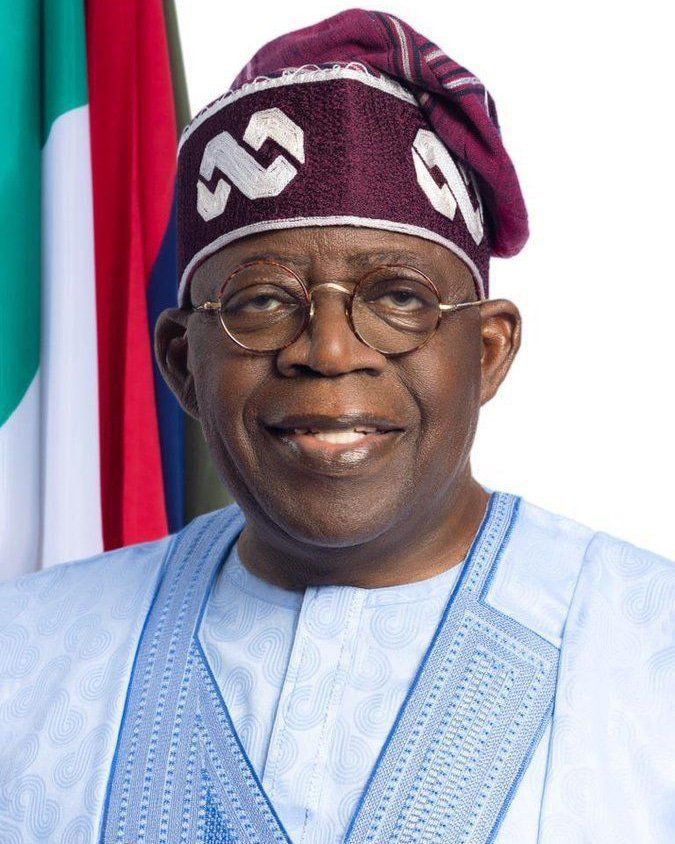President Bola Tinubu has assured Nigerians that despite the economic reforms under his administration causing hardship, his government will continue to prioritize the welfare of the poor and vulnerable citizens.
Speaking on Wednesday night in Rio de Janeiro, Brazil, President Tinubu made the promise during a courtesy call by Kristalina Georgieva, the Managing Director of the International Monetary Fund (IMF), on the sidelines of the G20 Leaders’ Summit.
The president acknowledged that his economic reforms had negatively impacted the purchasing power of many Nigerians, but he emphasized that social safety nets would be in place to ease the burden.
“We have started seeing positive results from our reforms, and the Nigerian people now understand the need for them,” President Tinubu said. “However, we have to reduce the hardship that has resulted from the implementation.”
Despite the challenges, the president’s message was one of hope, as he highlighted ongoing efforts to address the struggles faced by everyday Nigerians.
The IMF Managing Director, Kristalina Georgieva, congratulated President Tinubu on the progress made by his administration in implementing economic reforms. She expressed her confidence in the Nigerian government’s direction, particularly its focus on social investment programmes that aim to cushion the effects of the reforms on the nation’s most vulnerable.
Georgieva assured Tinubu of continued support from the IMF in diversifying Nigeria’s economy and providing technical assistance to ensure the successful implementation of social policies.
“The IMF is committed to supporting vulnerable societies and emerging economies,” Georgieva said. “We are here to help you with technical support, especially in your budgeting processes, to ensure that the loans you take result in the best possible outcomes.”
President Tinubu also stressed the critical need for better access to education, a sector he sees as crucial for lifting Nigerians out of poverty.
“We have too many children out of school, and we know that education is a way out of hunger and poverty,” Tinubu stated. “That is why we are designing ways and incentives to keep these children in school, and we need your support for these kids who want to stay in school.”
The president’s focus on education is part of his broader vision to create a stronger, more resilient economy for Nigeria’s future. He emphasized that substantial resources must be invested in infrastructure development to stimulate growth.
“Nigeria needs massive infrastructural development,” Tinubu said. “We must invest in infrastructure to ensure that we can compete globally and provide the necessary support for our people.”
As part of his commitment to building a stronger economy, President Tinubu also touched on ongoing tax reforms that aim to broaden Nigeria’s tax base without putting more pressure on the already burdened population.
“We are engaging stakeholders and sensitizing Nigerians to expand the economy’s tax base for inclusive developmental growth,” he said. “We are doing this without necessarily increasing the taxes on our people, who have already given a lot. We will require your support on this.”
The president’s remarks were in line with his broader strategy to ensure economic growth that benefits all Nigerians. By broadening the tax base and reforming the tax system, Tinubu hopes to generate the resources needed to fund vital social programs and infrastructure projects.
Kristalina Georgieva, in her remarks, reiterated the IMF’s commitment to supporting Nigeria’s economic transformation. She expressed her admiration for the reforms undertaken by Tinubu’s administration, highlighting the IMF’s role in helping countries manage the challenges of economic recovery.
“The IMF has injected about $1 trillion into the global economy over the past two years to help countries recover from the economic shocks caused by the pandemic,” Georgieva said. “While developed countries have managed the shocks better, the developing nations have faced greater difficulties. We are working with these countries to build resilient institutions to better manage future global economic shocks.”
Georgieva also noted that the IMF’s support goes beyond just loans. She emphasized that the IMF works with developing countries to provide technical support for building stronger institutions and managing economies effectively.

